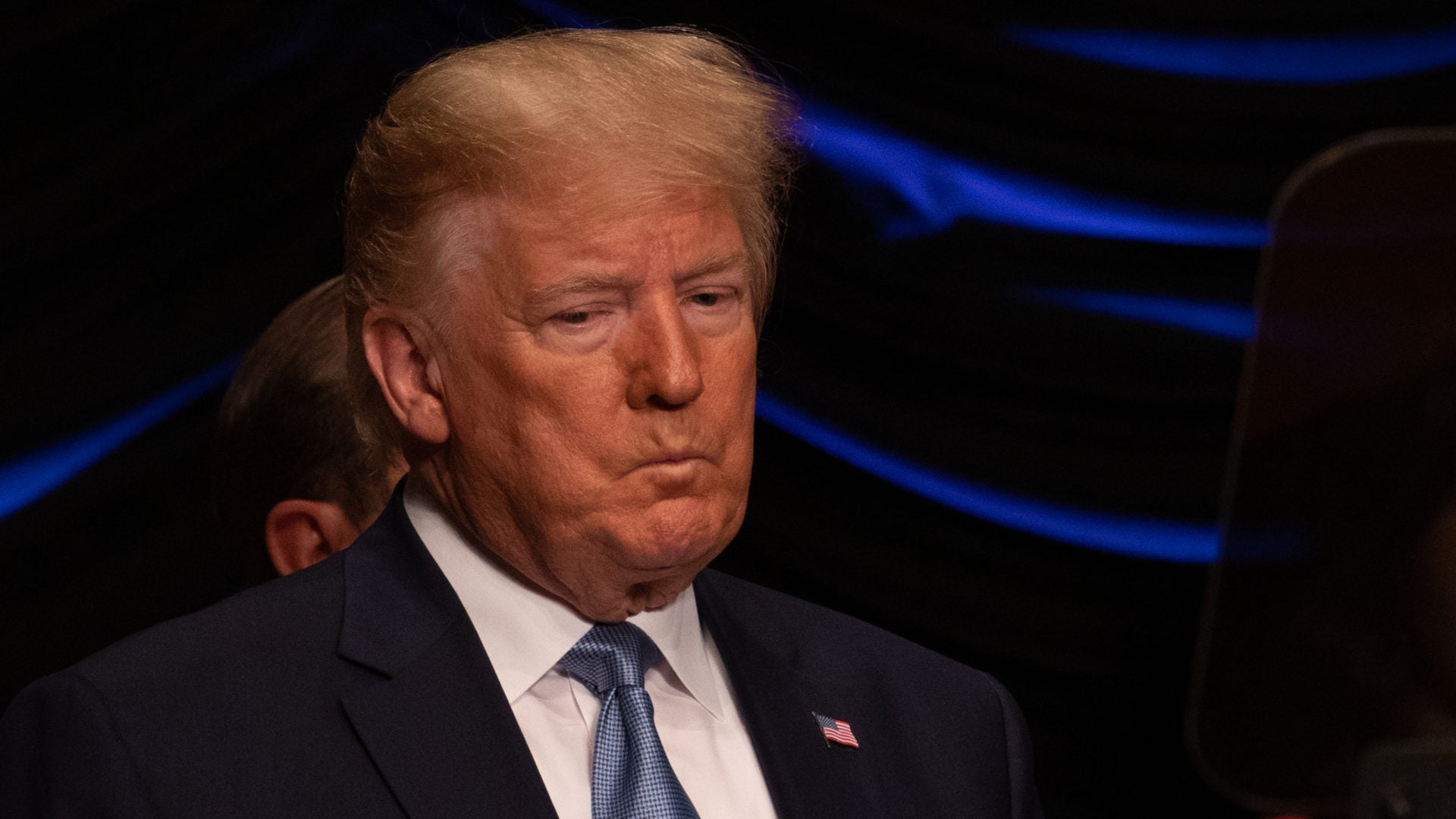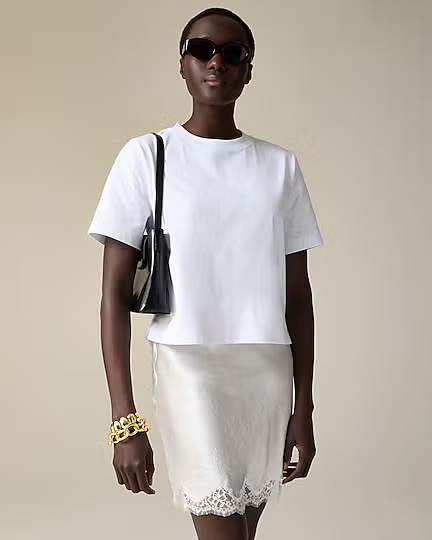
The 2nd US Circuit Court of Appeals agreed with a New York judge’s ruling, saying that President Donald Trump “engaged in unconstitutional viewpoint discrimination by utilizing Twitter’s ‘blocking’ function to limit certain users’ access to his social media account, which is otherwise open to the public at large, because he disagrees with their speech.”
“We hold that he engaged in such discrimination,” the court added, according to CNN.
Trump, who is known for his Twitter fingers and his unprecedented use of the social media site in office, drew further attention after he blocked seven people, as well as the Knight First Amendment Institute at Columbia University. The Knight First Amendment Institute filed a case against Trump and his aides in 2017 on behalf of the individuals arguing that his personal account was an extension of the Presidential office.
As, CNN notes, the Justice Department fired back claiming that President Trump wasn’t “wielding the power” of the federal government when he blocked people from his personal Twitter, as he was blocking users for personal matters.
The appeals court on Tuesday, resoundingly rejected that claim.






“The irony in all of this is that we write at a time in the history of this nation when the conduct of our government and its officials is subject to wide‐open, robust debate,” the court said. “This debate encompasses an extraordinarily broad range of ideas and viewpoints and generates a level of passion and intensity the likes of which have rarely been seen. This debate, as uncomfortable and as unpleasant as it frequently may be, is nonetheless a good thing. In resolving this appeal, we remind the litigants and the public that if the First Amendment means anything, it means that the best response to disfavored speech on matters of public concern is more speech, not less.”
“Public officials’ social media accounts are now among the most significant forums for discussion of government policy,” Jameel Jaffer, the Knight Institute’s Executive Director, who argued the case before the Second Circuit in March, said in a press release. “This decision will ensure that people aren’t excluded from these forums simply because of their viewpoints, and that public officials aren’t insulated from their constituents’ criticism. The decision will help ensure the integrity and vitality of digital spaces that are increasingly important to our democracy.”
“With public officials across the country increasingly using social media to communicate with and foster debate among their constituents, today’s decision should make them think twice before hitting the block button when they don’t like what someone has posted,” Katie Fallow, Senior Staff Attorney at the Knight Institute, added. “It’s unconstitutional and undemocratic.”







